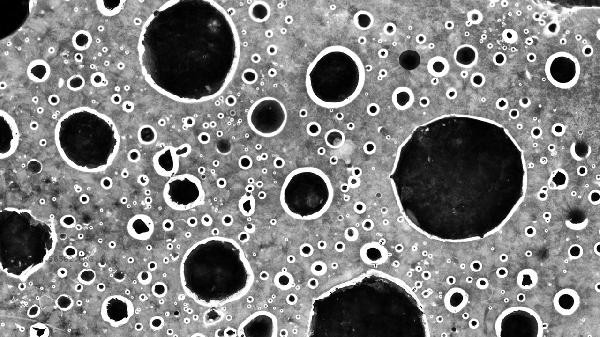A high ratio of eosinophils may indicate allergic reactions, chronic inflammation, or hematological diseases, and should be comprehensively judged in conjunction with other examination indicators. Eosinophils are a type of white blood cell with a very low normal proportion. Abnormal elevation may be related to parasitic infections, bone marrow proliferative diseases, endocrine disorders, and other factors. Allergic diseases are a common cause of high basophil cell ratios. After exposure to allergens such as pollen and dust mites, the body releases substances such as histamine to stimulate an increase in eosinophils, which may be accompanied by symptoms such as skin itching and sneezing. Chronic inflammation such as rheumatoid arthritis may also cause mild elevation of this indicator, and accompanying symptoms such as joint swelling and pain should be observed. Some blood diseases such as chronic myeloid leukemia can cause a significant increase in eosinophils, which may be accompanied by splenomegaly, abnormal bleeding, and other phenomena. Endocrine system abnormalities such as hypothyroidism may indirectly affect the eosinophil ratio. Long term stress or use of glucocorticoids may also cause transient fluctuations in indicators. Rare diseases such as myelodysplastic syndrome can lead to malignant proliferation of eosinophils, often accompanied by abnormalities in other blood cells. Similar changes may also occur when certain solid tumors metastasize to the bone marrow.

It is recommended to complete peripheral blood smear, bone marrow puncture and other examinations when a high proportion of eosinophils is found. Avoid contact with known allergens in daily life and maintain a regular schedule. If there are persistent abnormalities, it is necessary to seek medical attention from a hematology department to screen for hematopoietic system diseases and avoid self medication to mask the condition. Regularly review blood routine and dynamically observe changes in indicators. If necessary, perform genetic testing to confirm the diagnosis.










Comments (0)
Leave a Comment
No comments yet
Be the first to share your thoughts!